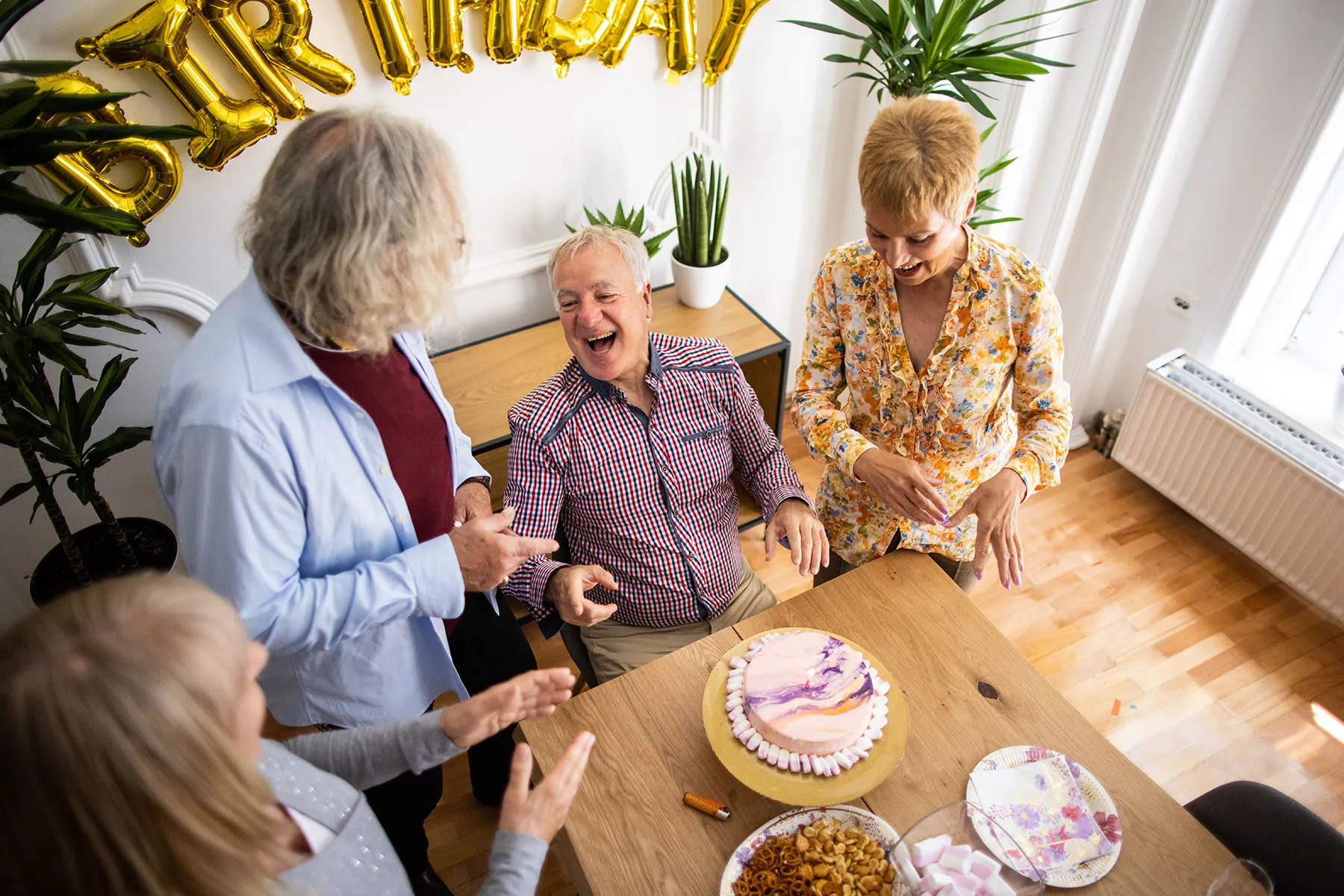[ad_1]
HealthDay Reporter
About 40% of stroke survivors have aphasia, an issue to ship or comprehend spoken or written language. That impairment is ongoing for about half of these sufferers a 12 months after their stroke, doubtlessly affecting high quality of life or resulting in social isolation.
Researchers in Finland studied a singing-based group rehabilitation program.
“Our examine utilized all kinds of singing components, akin to choral singing, melodic intonation remedy and tablet-assisted singing coaching,” stated examine co-author Anni Pitkäniemi, a doctoral researcher on the College of Helsinki. She spoke in a college information launch.
Melodic intonation remedy includes utilizing melody and rhythm to progress steadily from singing towards speech. It has been used to some extent in aphasia rehabilitation.
Although earlier analysis had decided that it was potential to retain singing potential even in extreme aphasia, the usage of singing — particularly choral singing — had not been extensively studied in aphasia rehabilitation.
Whereas singing remedy has sometimes been executed individually, these researchers prompt that singing-based group coaching ought to be used as a part of aphasia rehabilitation.
“Along with coaching in speech manufacturing, group-based rehabilitation gives a superb alternative for peer help each for the sufferers and their households,” stated co-author Sini-Tuuli Siponkoski, a postdoctoral researcher on the college.
The researchers additionally discovered that the burden skilled amongst household caregivers collaborating within the examine decreased notably.
“Our examine is the primary the place caregivers participated in rehabilitation and their psychological well-being was evaluated,” Siponkoski stated within the launch.
The findings have been revealed Dec. 27 within the journal Mind Communications.
Extra data
The American Stroke Affiliation has extra on aphasia and stroke.
SOURCE: College of Helsinki, information launch, Dec. 28, 2022
[ad_2]

